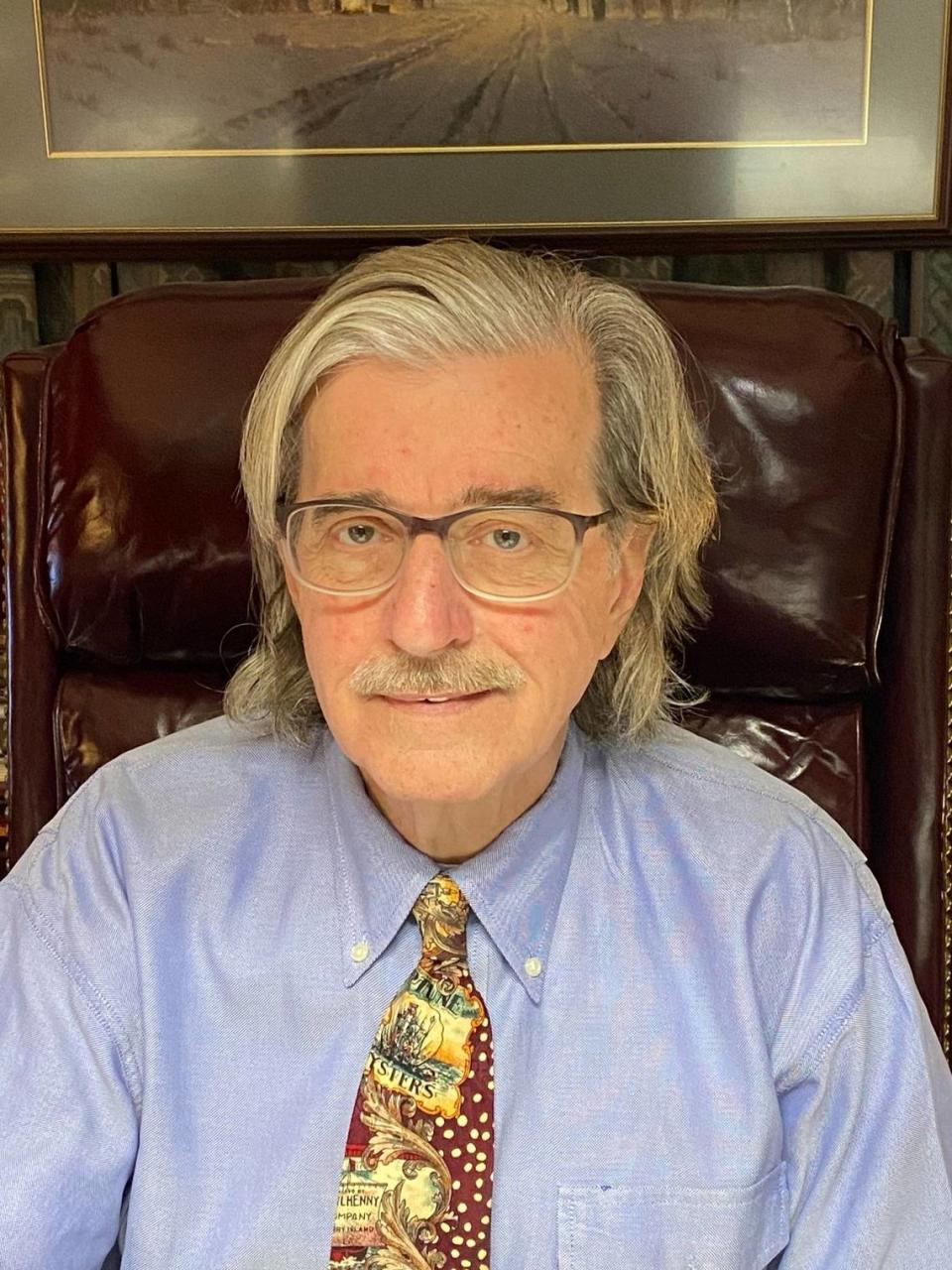Forget methadone and psychedelics. There is a better weapon in the war on drugs. | Opinion
The Sunday article in the Lexington-Herald Leader and Ms. Blackford’s commentary on a potential change in the treatment method for Kentuckians with addiction to drugs was most interesting and should be read if you have not. Clearly, Kentucky has lost the War on Drugs and the War for Rehab. Our State spends millions each year through Medicaid to pay for suboxone and methadone. In just over five years Medicaid has been billed $1 billion for those drugs. A large portion of theses medications, suboxone and methadone, are used to get high on, are crushed and snorted and when the thirty day supply is used up after ten days then users will buy more on the street.
These are both synthetic drugs developed by the Nazis in World War II. Their troops used methadone to escape the Russians and suboxone to replace the pain medication they could not receive during the war. These two treatments are a total failure — people stay on these drugs for years without tapering off of them. The vast majority of the impatient and outpatient programs reaping millions of dollars are only partially successful.
Based on my experience with drug addicted individuals in the criminal system and drug related cases in family court, for custody/visitation with children who are in grandparent or relative care or some in foster care, I regularly see these drug addicted individuals on methadone or suboxone for 6, 7, 8 years with no prospect of being rehabilitated. They are high every day.
They have simply substituted one drug for another. They will tell you they are “drug free” and sober. They relapse, abuse their prescriptions, and consume alcohol and other drugs when they know the schedule of when their next drug test will be.
The only success I have truly seen with severely drug addicted individuals were those who were encouraged to opt for Vivitrol/Naltrexone. My clients who take Vivitrol have had great success. One, who was a needle junkie in college has been on Vivitrol from his sophomore year. He is now an assistant coach and teacher in Eastern Kentucky. Another client has reclaimed his job and has unrestricted, unsupervised parenting time with his children. Another has his wife and family back. He no longer drives to Georgia once a month for methadone, to then use meth with it, and buy Adipex in Tennessee to cover his meth use ondrug tests.
The reason that Vivitrol does not make the user high is that it is not a substitute for drugs. In fact, if you use drugs while taking Vivitrol, it will make you deathly ill. Further, it is administered by a medical provider once a month. So, there is no skipping a dose nor is there any need for pill counts and it reduces the risk of overdosing by abusing the prescription. The drawback is if you are really stupid and attempt to get high while taking Vivitrol, you can die from an overdose, not of the Vivitrol but from the amount of drugs you take to get high.
However, more than 2,000 Kentuckians die each year from overdoses. Vivitrol is a step forward. The question is: Do we want to lose a few lives yearly with a reliable program that will help many or do we want to continue to lose thousands each year with a program that only helps a few?
Of course, we have a politician who has been proposing, in the press, that Kentucky spend $42 million from the opioid settlement fund to experiment over six years with an African psychedelic drug that has known severe side effects. The promoter wants to publicize the success story of a young Kentuckian who took Ibogaine in Mexico. However, it is not a success story. She relapsed after each Ibogaine treatment. It was only after jail that she went to a residential treatment facility and received Vivitrol. She has now been sober for six years.
Kentucky does not need to spend $42 million so Mr. Cameron can get another headline.
We have a medication that can work now, and it should be used in all rehab facilities, treatment centers, drug centers, and jail programs. Naltrexone is the answer today. It is time to halt substituting one drug for another to get high. It is not rehabilitation. It is just staying high on another drug. Kentucky needs decisive action now, not a six-year waste of millions.
David O. Smith is an attorney in Corbin.


